The inspiration and motivation to share this website is founded on the loss of Steve and of Maria Hance - may their memories be a blessing to many.
The Power of Forgiveness: Breaking Chains, Finding Freedom
Forgiveness isn't just a lofty ideal—it's a learned skill, a deliberate choice, and a path to profound liberation. Drawing from personal journeys, a 12-step recovery program, and insights from six key books, this condensed guide distills the essence of forgiveness. I've organized it into core stories, timeless principles, and transformative truths, amplified for emotional resonance. Imagine carrying an invisible rope around your neck, tied to someone else's grave—forgiveness cuts it, freeing you to breathe, heal, and live. Let's dive in.
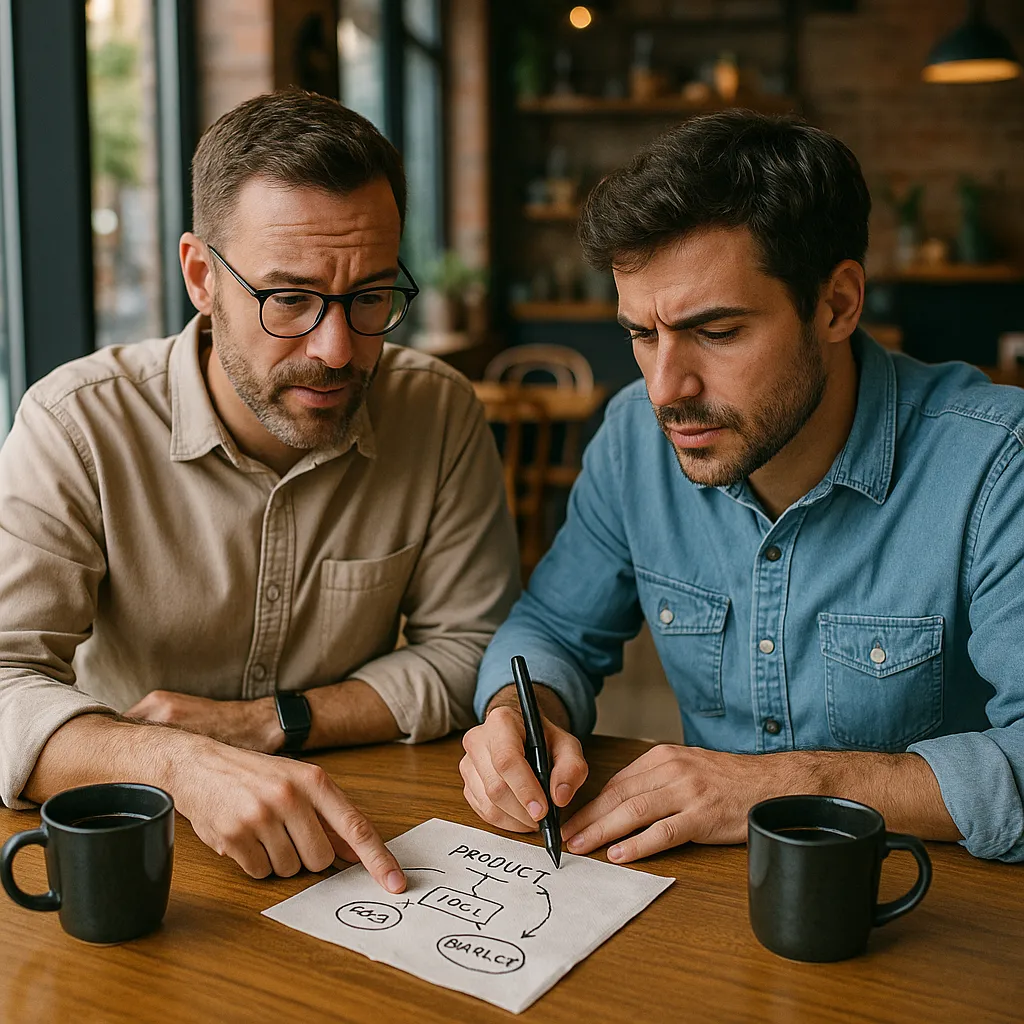
Cousin David's Rise, Fall, and Redemption:
My wise cousin David sketched an idea for a business on a café napkin, saw it grow to a billion-dollar giant, only to watch it crumble due to a partner's illegal schemes, leading to bankruptcy and prison for the partner. Devastated financially and emotionally, David learned forgiveness as a skill to release anger, bitterness, and regret. He now shares publicly, sharing how forgiving his partner reclaimed his life. His message? Forgiveness isn't weakness—it's the key to rising from ruins.
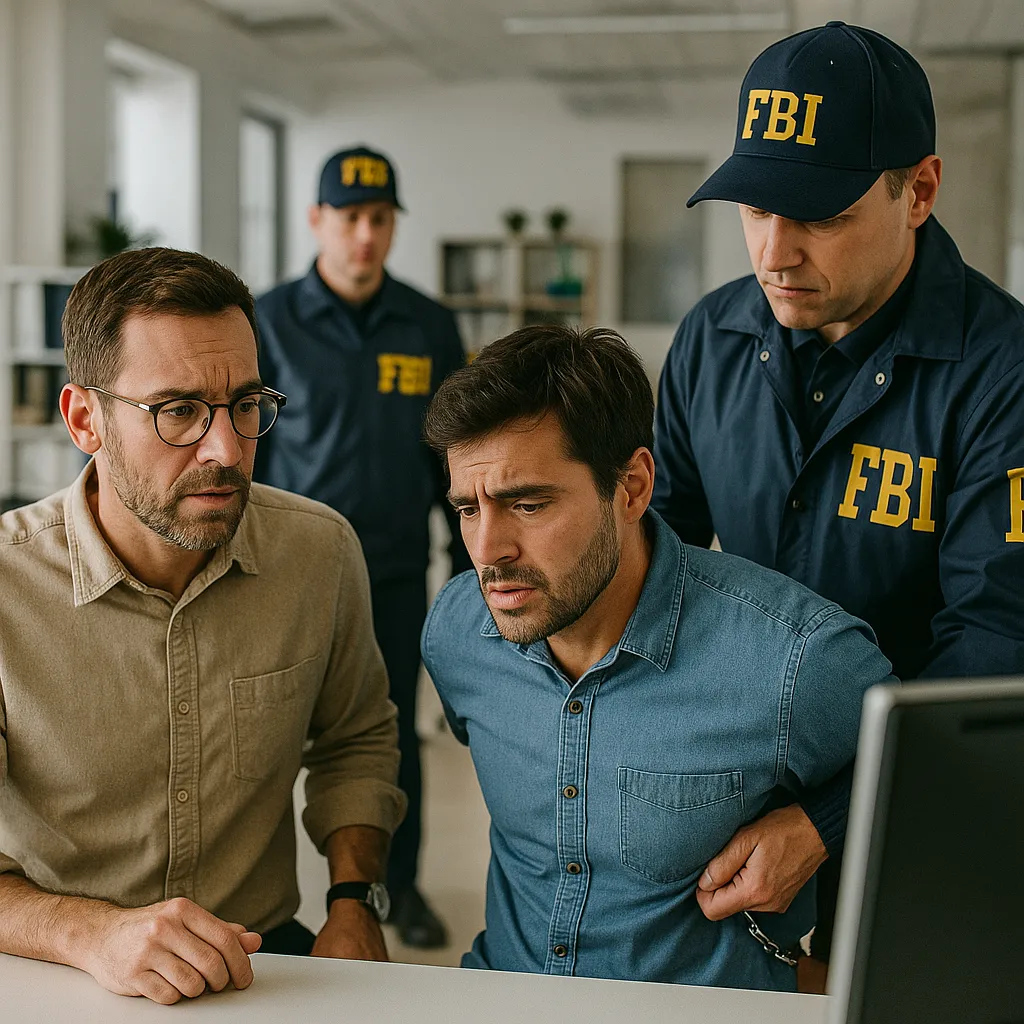
The Rope Around the Neck
In a church talk, David described unforgiveness as an imaginary rope tying you to someone "six feet underground," choking your joy with anger and stress. A woman, haunted by her deceased father's wrongs, approached David for prayers. She later "removed the rope" at the father's grave, finding freedom after years of bitterness. The impact? Liberation from depression, health woes, and revenge's grip—proving even the dead can't control you unless you let them.
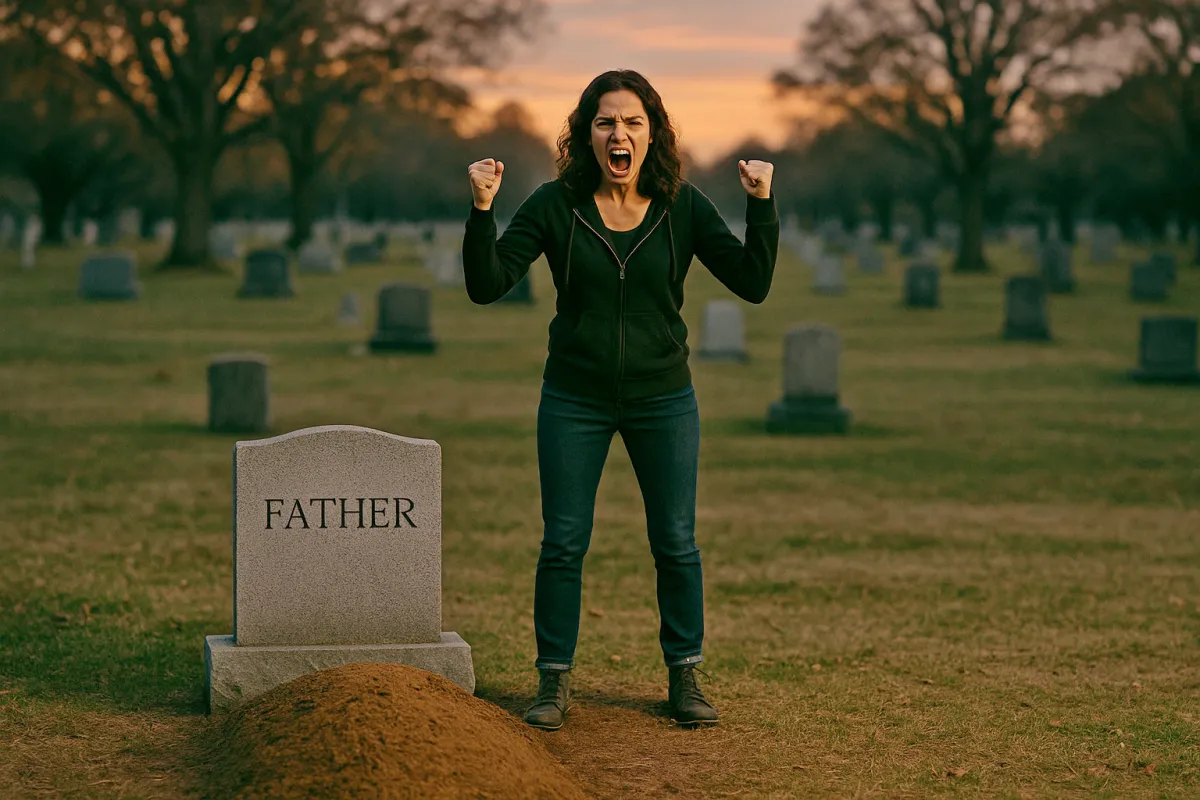

The Simple Question That Shatters Illusions:
David met a divorced woman consumed by her ex-husband's cruelty. After her rant, he asked: "Who is the one person in this world you least want controlling your life?" Her eyes widened: "My ex-husband." Follow-up: "And who's living rent-free in your mind right now?" This sparked an awakening—she was giving her ex-husband her power. It reminds us: We control our responses, not others. Obsessing on blame poisons us, while forgiveness reclaims our mental space.
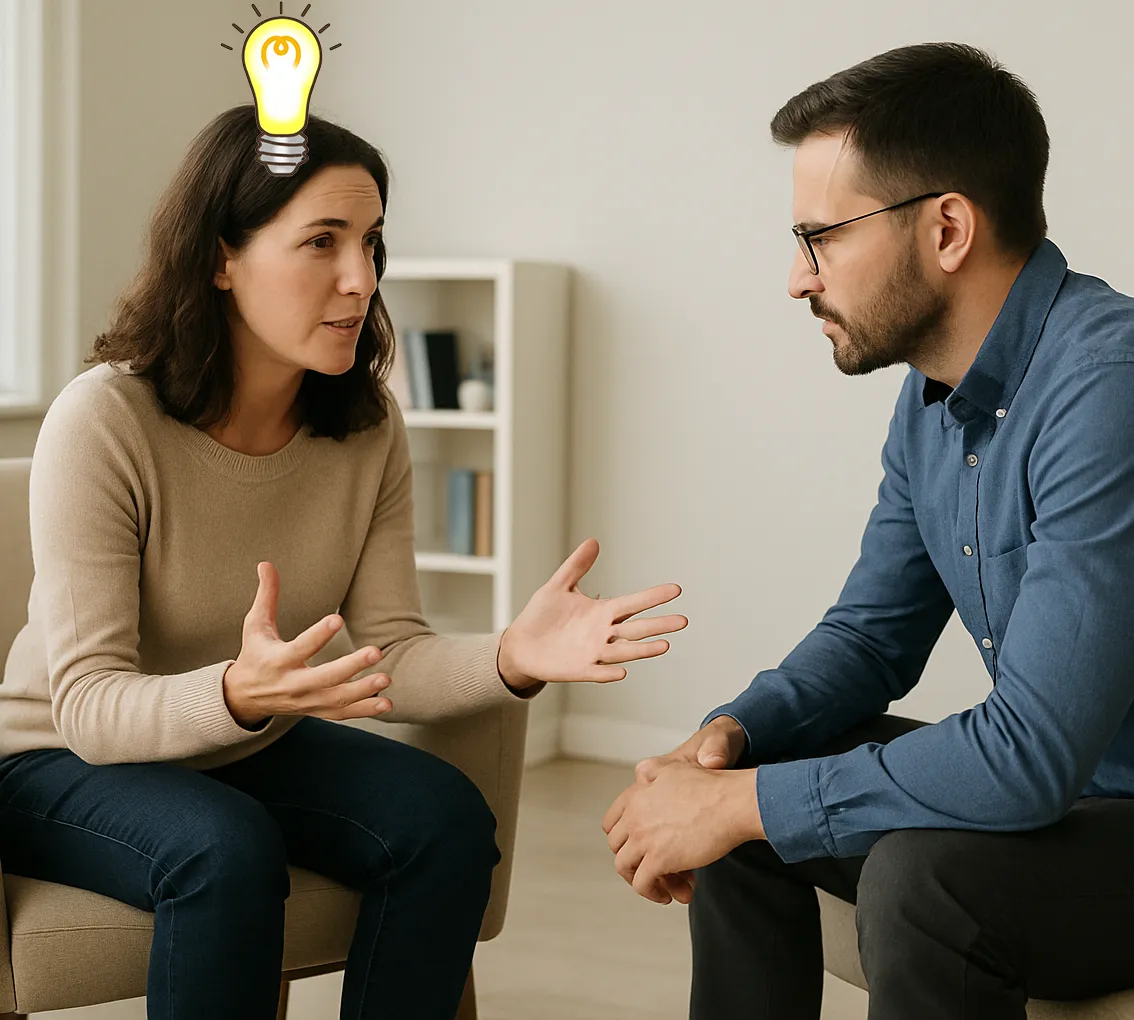
Personal Battles in Recovery:
After leading a 12-step recovery group for anger and codependency for over a decade, I intervened five times when someone was thinking of suicide, then witnessed two suicides that fueled this very awareness campaign. One friend likened resentment to "drinking poison and expecting the other person to die"—it destroys you, not them. My own journey from childhood sexual abuse involved forgiving myself first, shattering decades of shame, guilt, and mental health struggles. This unlocked self-confidence, public speaking, and true freedom.
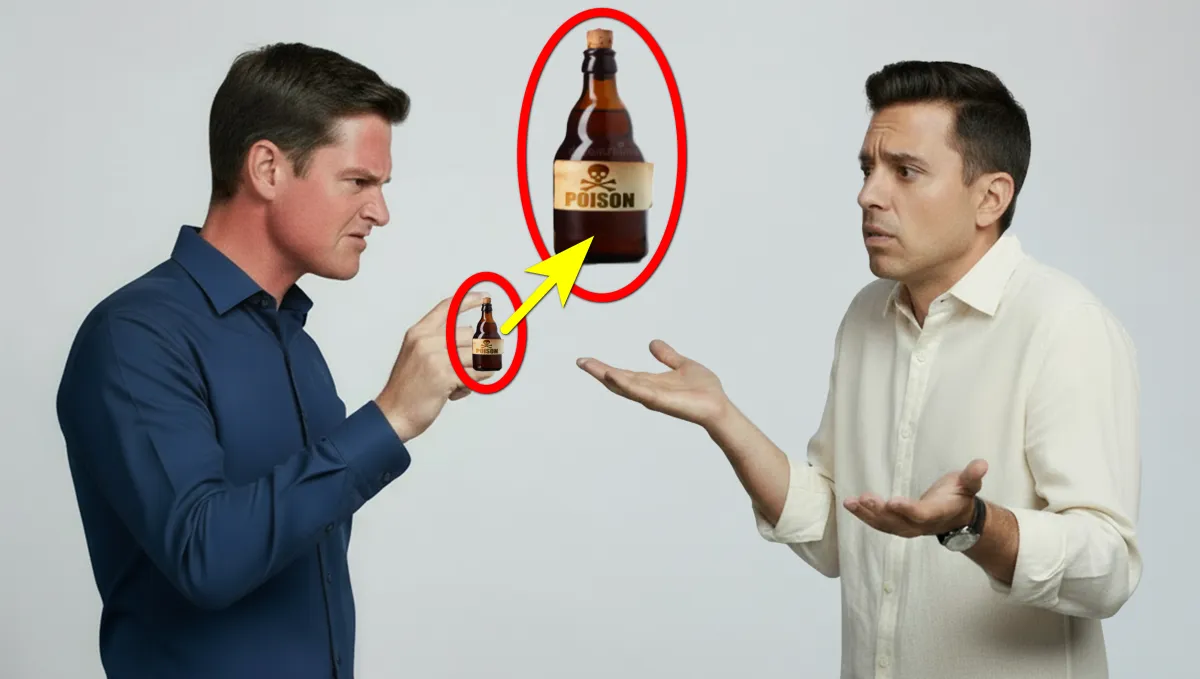
These stories aren't abstract—they're raw proof that unforgiveness chains us to pain, while forgiveness unleashes peace.
2. Core Principles: Forgiveness as a Path to Empowerment
Forgiveness is Mandatory and Unilateral: Unlike some 12-step views that emphasize amends without mandating forgiveness, I learned it's not about "offering" it face-to-face or waiting for apologies. It's a non-negotiable act of giving forgiveness—even to those who don't seek it or deserve it. It frees you, not them, from resentment's poison, which harms health, relationships, and spirit.
Forgive Yourself First—The Foundation: Echoed in recovery programs and books, self-forgiveness is often the hardest yet most crucial step. For me, it preceded forgiving others, dissolving shame from abuse and enabling deeper love for myself and others. As one book asks: "Do you love yourself enough to forgive yourself?" It's the prerequisite for fully loving and forgiving others—turning guilt into grace.
It's a Decision, Process, and Daily Discipline: Forgiveness isn't a one-time "I forgive you" thought—it's a choice followed by effort. It may require daily revisiting, like a 12-step program, to maintain freedom. Misconceptions abound: It doesn't mean condoning harm, forgetting, or reconciling. It means setting boundaries to protect yourself while releasing bitterness's hold.
Resentment as Poison, Responsibility as Power: Resentment festers like toxin, damaging body and bonds. But you're 100% responsible for your responses—not others' actions. My desk mirror motto: "This is the person 100% responsible for my success and how I respond to everything and everybody." Pair this with the Serenity Prayer twist: "God, grant me serenity to accept the people I cannot change, courage to change the one I can (myself), and wisdom to know the difference." It empowers you to break cycles of blame and revenge.
Forgiving God and Hurt People: Sometimes, bitterness targets God for allowing pain—release it to heal. Remember: "Hurt people hurt people." Boundaries prevent enabling abusers, but forgiveness frees you from their emotional grip, replacing negativity with empathy and peace.
3. Wisdom from Six References: Amplified Insights
[1] Forgiveness Made Easy by Barbara J. Hunt: Resentment is "ill will held over time," poisoning health and ties. Forgiveness is a practical skill, not a moral demand—debunking myths like needing to condone or reconcile. Barbara also addresses what can get in the way of forgiving, often the biggest struggle. One of the reviews she received was 5.0 out of 5 stars: The best forgiveness book on "how to forgive."
NOTE: Barbara and I are together in a monthly message coaching group, where I developed the idea to reach those who have never been exposed to suicide and don't believe they need to be prepared - but can become better prepared.
[2] Forgiving What You Can’t Forget by Lysa TerKeurst: A memoir of betrayal, it shows forgiveness as the only path to peace when damage is irreversible. It's a decision and process—more satisfying than revenge. Set boundaries; forgive daily. Hurt people hurt others, and releasing bitterness toward God is essential.
[3] Forgive: Why Should I and How Can I? by Timothy Keller: In a culture cheapening forgiveness or favoring vengeance, it's indispensable through a Christian lens. It breaks bitterness, violence, and social divides. Key: Forgive self to escape guilt; set boundaries, especially in abuse cases.
[4] Forgiveness: 21 Days to Forgive Everyone for Everything by Iyanla Vanzant: Start Day 1 with self-forgiveness to liberate from anger's chains. It's not condoning harm—it's freedom via practices like emotional tapping. Forgive everything to live unbound.
[5] Forgiveness and Reconciliation by Everett L. Worthington Jr.: Scientifically, forgiveness replaces resentment with empathy and love as a coping tool. Reconciliation isn't always safe—focus on emotional healing.
[6] Forgiveness by Rodney Hogue: Faith-powered freedom: Unforgiveness bonds you in chains; Christ's power releases you. Forgive self and God to break guilt's cycle—combining Bible teachings with practical steps.
The Emotional Call: Choose Freedom Today
Imagine the weight lifting—the rope snapping, the poison draining, your mind reclaimed. Forgiveness doesn't erase pain, but it transforms it into power, healing wounds that revenge only deepens. From David's billion-dollar loss to my abuse recovery, these truths scream: You're not a victim of others' wrongs unless you choose to stay chained. Forgive yourself first, release the rest, and step into freedom. It's not easy, but it's worth it—your peace, health, and joy depend on it. If resentment haunts you, start with one question: Who's controlling your mind? Make the choice; the liberation is profound.
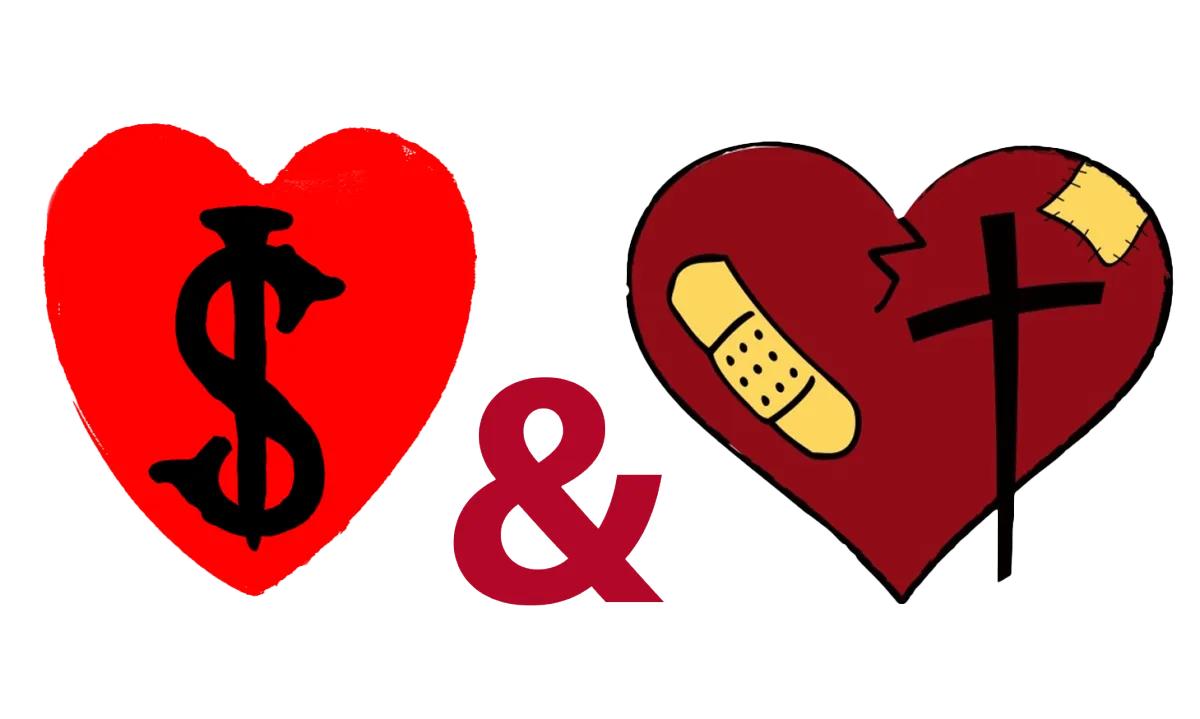
Please Help Us Spread the Word
[1] - Please watch the 7 minute video at the top of the Home
page all the way through and like it, the share it on social media.
The link is: https://youtu.be/mfxI7o3imZc
[2] - Also please share the link to this Home page:
https://bepreparedtosavealife.com
[3] - Finally, for those who like and have friends who like the
Riswue, Please share the video going into the men's room to
see the poster:
© 2024 Be Prepared To Save A Life



